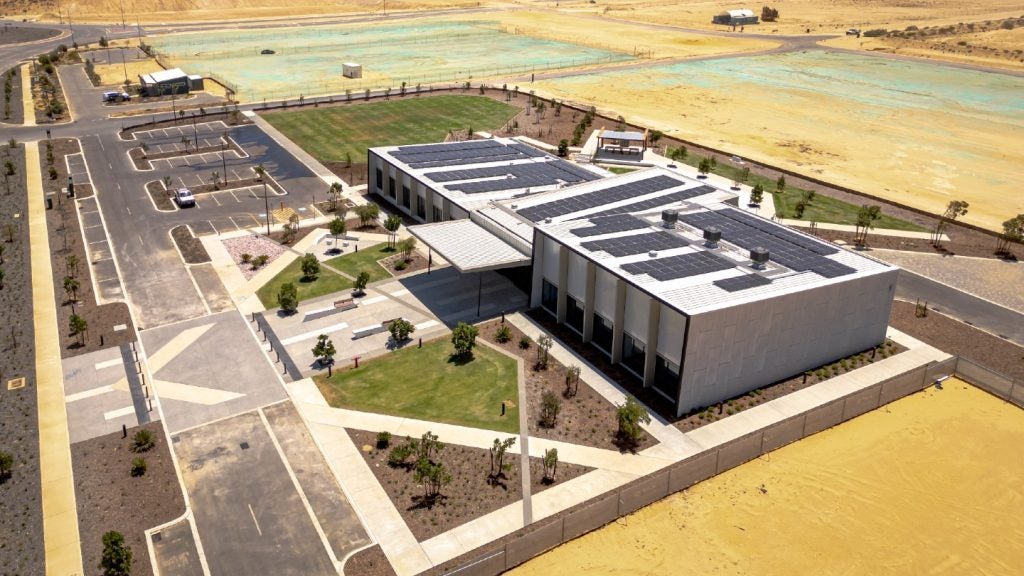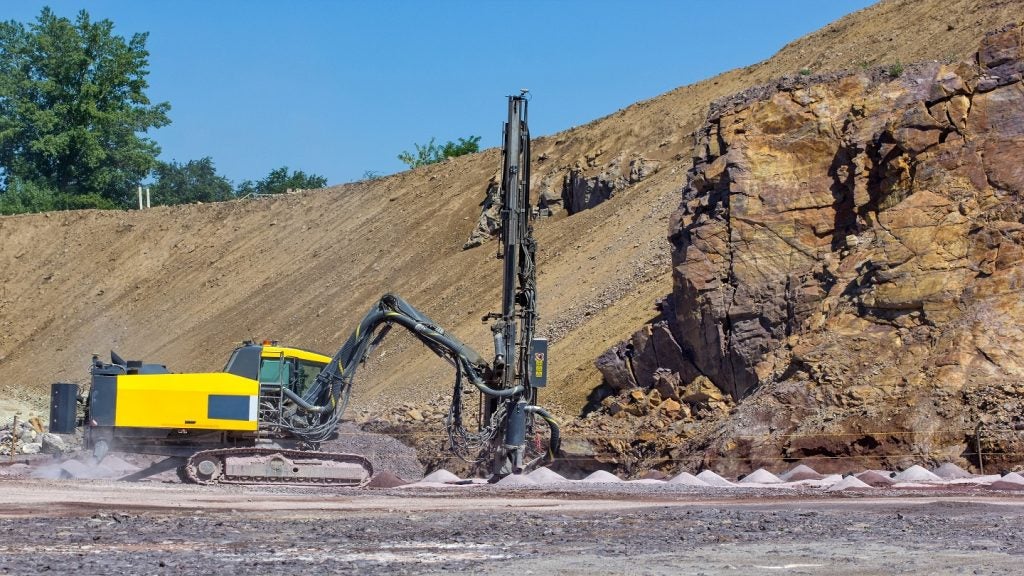South Africa’s Harmony Gold Mining has announced the appointment of Beyers Nel as its new group CEO and executive director, effective from 1 January 2025.
Nel, who has been with the company since 2003 and most recently served as group chief operating officer, will succeed Peter Steenkamp upon his retirement at the end of December 2024.
With a 24-year tenure in the gold mining industry, Nel brings a wealth of experience to his new role, having managed operations on both open-cast and ultra-deep level mines.
His leadership has been recognised in the past with his presidency of the Association of Mine Managers of South Africa and his current role as chairman of the Mines Rescue Services board.
In a strategic move to strengthen its executive leadership, Harmony has also appointed Floyd Masemula as deputy group CEO, a position that will take effect concurrently with Nel's appointment.
Harmony chairman Dr Patrice Motsepe said: “Beyers Nel will provide operational continuity along with strong mining leadership and will continue with the excellent work and results that Harmony has been producing under the capable leadership of Peter Steenkamp.
“Beyers and Floyd, together with the world-class management team at Harmony, will provide operational leadership during the next exciting growth phase of the company.
“I also want to express my deep personal gratitude and the gratitude of the Harmony Board, its shareholders, employees and stakeholders to Peter Steenkamp for the outstanding leadership that he has provided as CEO of Harmony since 2016.”
In September this year, Harmony Gold unveiled its intent to initiate copper production at its mine in Queensland, Australia, by 2028.
Meanwhile, in South Africa, the government has taken a firm stance against illegal mining activities, the Associated Press reported.
Authorities have initiated the Vala Umgodi operation, which involves sealing off supply routes to illegal miners in a closed mine in the North West province. The operation aims to force miners to surface and face arrest, as they are currently deprived of basic supplies such as food and water.















